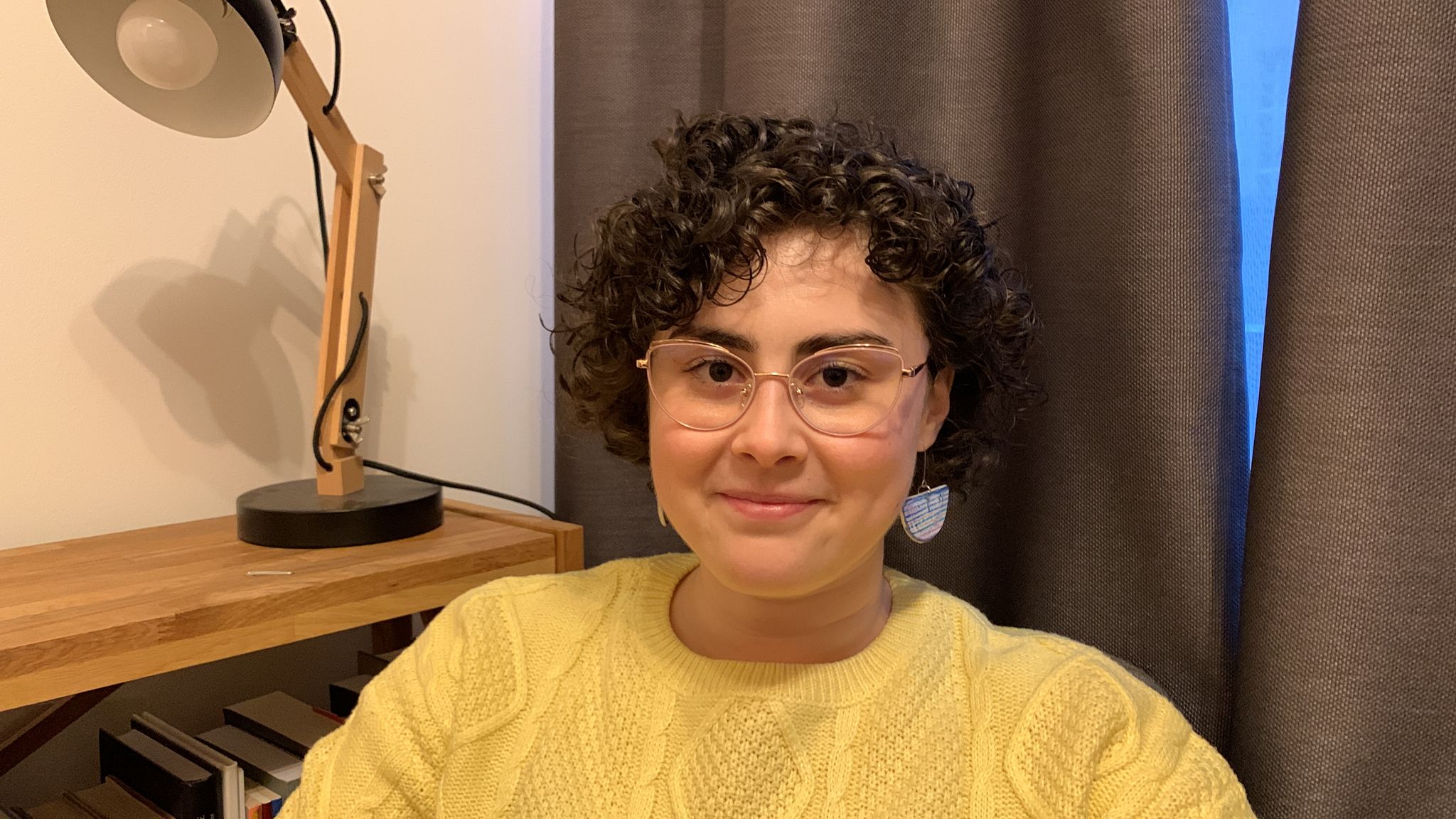
For the most part, when people talk about emotions, they are presented with a negative connotation. In fact, guidance for human emotions is extremely complex. They are all natural, even if many of them may seem overwhelming. Psychotherapists say that it is inappropriate to classify them as positive or negative.
We asked Robertina Chobana, a psychologist who specializes in cognitive-behavioral psychotherapy, psychological counseling and parenting, to talk in detail about the guide of human emotions, the connection between childhood events and how we react to different moments in our lives.

Robertina Chobanu, psychotherapist
What are emotions and how do they feel in the body
Emotions are probably the most common human experience. Lisa Feldman Barrett, a neuroscientist, wrote in her book How Emotions Are Born that “emotion is your brain’s construction of what your bodily sensations mean in relation to what’s going on in the world around you.” Emotions can be pleasant, positive, as well as uncomfortable, difficult. Although we prefer to feel more positive, pleasant emotions, this does not mean that difficult ones do not have a role.
Emotions are human experiences that arise in connection with what is happening around us: they can arise while watching a movie, communicating with loved ones, or while standing at a traffic light. They are experienced through various physical sensations, pleasant or uncomfortable, and can be combined with positive or negative, critical thoughts. Depending on how we feel about them with our bodies and the thoughts that accompany them, we may want to continue them, enjoy them, or get rid of them as quickly as possible.
Sometimes when we have difficult, uncomfortable emotions, we are quick to push them away, thinking that there is something wrong with us to feel this way. But uncomfortable emotions can tell us important things if we stop and listen. They can warn us that certain needs are not being met, that we have been hurt by the behavior of someone we love, or perhaps that our action is not in line with our values.
We often spend so much energy trying to push difficult emotions away, when it would help us more to give them space, let them be there, and ask them what they want to convey. It is an exercise in psychological flexibility to try to treat our difficult emotions as friends rather than enemies.
The connection between strong emotions and childhood events
Childhood experiences strongly influence how we begin to perceive various life situations and interactions with others in adulthood. When we are young, if we are not taught, we will develop our own strategies to cope with difficult emotions. They can be more useful or less useful.
If there is no one to give us a healthy example of how to manage our emotions, we are likely to carry some ineffective strategies with us into adulthood. In cases where we also go through traumatic events in childhood that overwhelm us and exceed our coping resources, we may develop strategies to lose touch with our inner universe, finding it too painful.
But getting help managing our emotions during key childhood periods can help us grow up with healthy strategies that lead to more fulfilling lives.
Many children in the protection system have experienced one or more traumatic events, and the absence of an adult to provide them with stability in their lives only adds to the many sufferings they experience. Accordingly, their reactions in various situations are also among the strongest. Many of these children end up being driven by anger, feelings of hopelessness, lack of confidence in themselves and others, even self-destruction.
For these children and youth, Ajungem MARI, the largest educational support program for children in the protection system in Romania, launched the campaign “Fragile Soul, I’m Looking for a Big Heart” aimed at drawing attention to their emotional needs and the need for psychotherapy.
Anyone can support the psychotherapy program run by Ajungem MARI with a donation of €4 per month by sending an SMS with the text “LOVE” to 8864. Or you can choose another form of donation available on the website www.ajungemmari. ro (re-donation, bank transfer, 20% referral, 3.5% referral).
Source: Hot News
Ashley Bailey is a talented author and journalist known for her writing on trending topics. Currently working at 247 news reel, she brings readers fresh perspectives on current issues. With her well-researched and thought-provoking articles, she captures the zeitgeist and stays ahead of the latest trends. Ashley’s writing is a must-read for anyone interested in staying up-to-date with the latest developments.